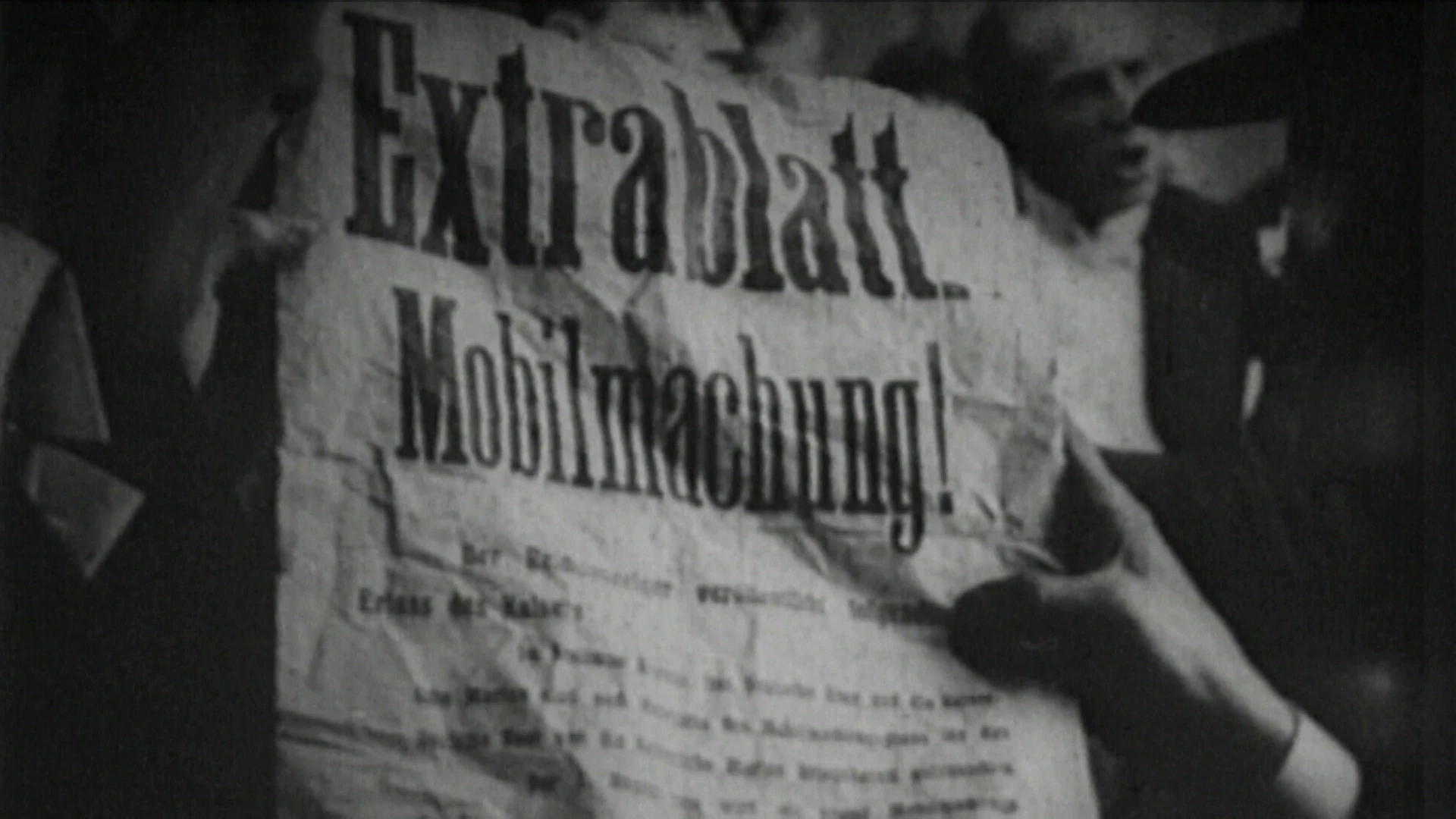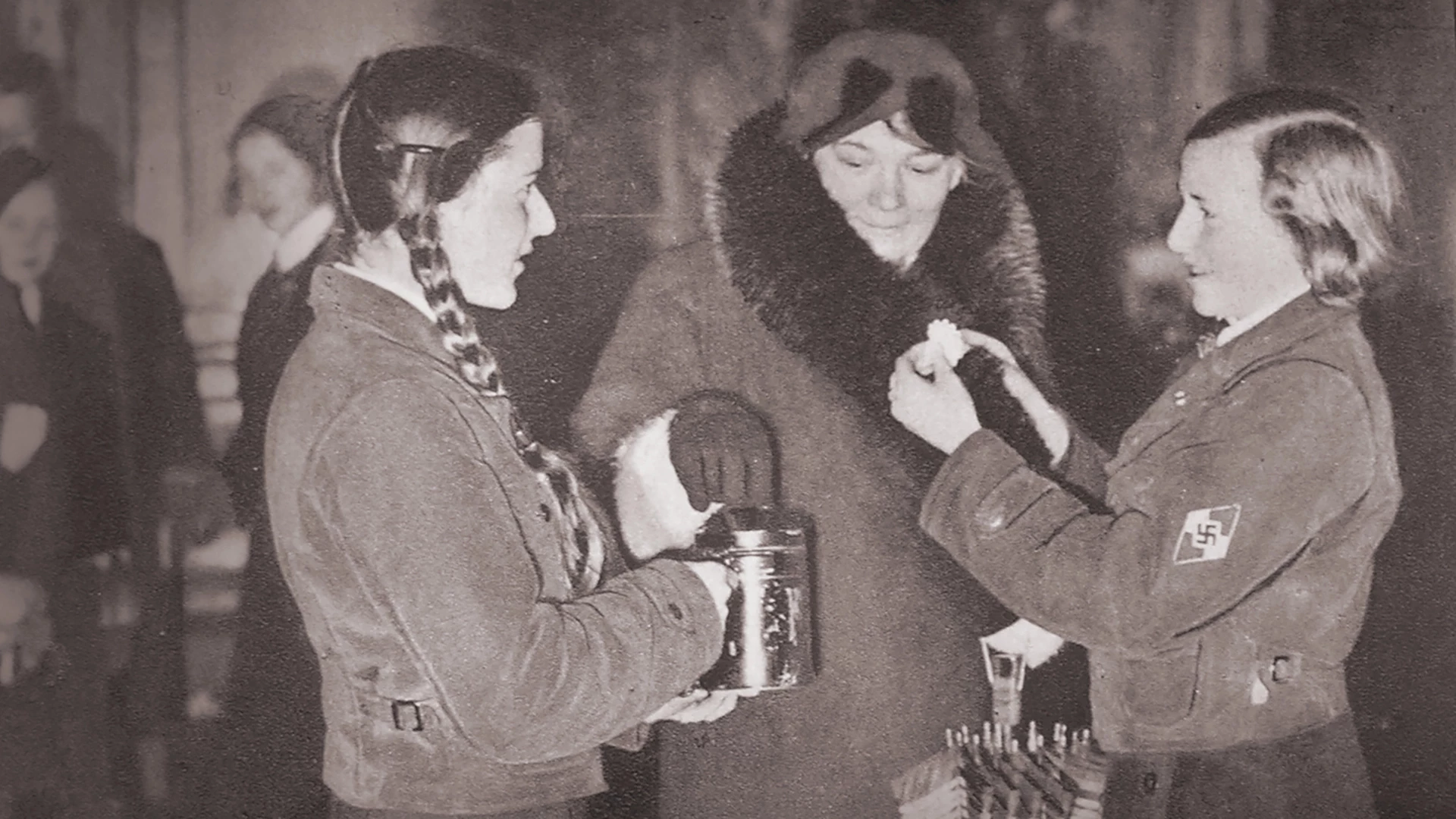20. Jahrhundert: 1914-1945 | Nationalsozialismus
Seizing and Solidifying of Power
At the beginning of the 1930s, the Weimar Republic is in crisis. Six million people are out of work and the political system is in a constant state of rupture. Only a few parties are willing to support democracy. In this climate, the NSDAP rises to become a mass party. In 1933, through extreme intimidation by the SA, it succeeds in passing the so-called "Enabling Act" in the Reichstag. With this law, Hitler’s government can now pass laws on its own authority and push ahead with the internal expansion of power. All areas of state, society and economy are brought into line, the trade unions are smashed and all political parties except the NSDAP are banned. The foundation for Hitler’s dictatorship is laid.
mehr
weniger
Weimar Republic, global economic crisis, political crisis, Paul von Hindenburg, minority parties, emergency degrees, Adolf Hitler, NSDAP, National Socialists, joblessness, unemployment, unemployed, propaganda, chancellor, new elections, Reichstag fire, communists, emergency decree, basic legal rights, protective custody, SA, concentration camps, torture chambers, enabling act, SPD, Social Democratic Party, Otto Wels, dictatorship, Reichsstatthalter, civil service, trade unions, Deutsche Arbeitsfront, political parties, party, opposition, associations, mass media, persecution, terror
Geeignet für die Fächer:
Geschichte


